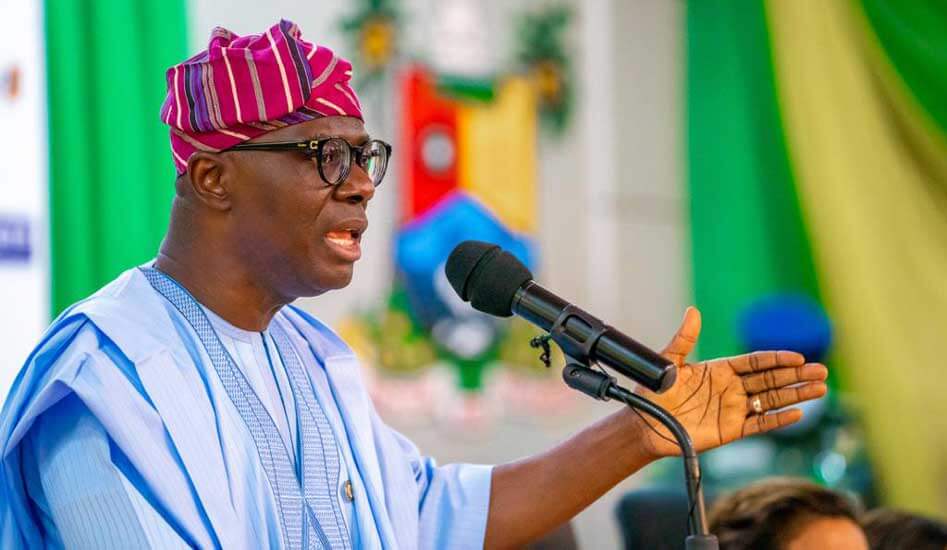Sanwo-Olu noted that sustainability of the state government’s investment in transportation infrastructure and services is critical to driving more innovation into the sector, adding that his government is currently engaged in providing modern infrastructure around three transportation models, which are waterways, road and rail.
The governor stated this when he received the ambassador of Sweden to Nigeria and other ECOWAS States, Annika Hahn-Englund, on a courtesy call at the State House, Marina.
Sanwo-Olu also hosted the ambassador of Japan to Nigeria, Matsunaga Kazuyoshi, on bilateral talks.
Oando Clean Energy Limited (OCEL) and Lagos Metropolitan Area Transport Authority (LAMATA), the agency tasked with planning, implementing, regulating and franchising sustainable integrated public transport in the state, recently took delivery of electric buses for Lagos mass transit.
It would be recalled that in April 2022, OCEL and LAMATA signed a Memorandum of Understanding (MoU) to enable the successful deployment of an Electric Vehicle (EV) Infrastructure Ecosystem (electric buses, charging stations, and other supporting infrastructure) towards the attainment of a sustainable road transport system in Lagos.
Speaking in this regard, Sanwo-Olu said proof of concept is underway and it will give the government clear direction on what is required both on the infrastructure end and the mobility side of it.
He said: “Sustainability of our investment in transportation infrastructure and services is critical to driving more innovation into the sector. This will also translate to how seamlessly we diversify from our use of fossil fuels to clean energy that will reduce emissions as well as improving the quality of the environment. We are currently engaged in providing modern infrastructure around three transportation models, which are waterways, road and rail.
“As a Government, we are working on all of the options. We also have a relationship with Scania AB and TML on data gathering towards ensuring the safety of the passengers using our services. We need more symbiotic partnerships in this sector, not a handout. This is a conversation in which we both can identify what the needs should be. With partnership, we can develop a win-win relationship.”
The Governor told the Swedish envoy that Lagos was ready to sustain its economic cooperation with the Scandinavian country, adding that the state would continue “robust” attendance of Swedish-Nordic Connect, a socio-cultural event yearly organised by the European nation.
According to him, Lagos remained open for more Swedish investment opportunities, while giving assurance that Nigeria’s commercial city would continue to initiate policies that would ease restrictions on foreign investment.
In her remarks, Hahn-Englund said the SWED Fund for LAMATA would help Lagos create a more sustainable transportation infrastructure network, adding that a feasibility study by a Swedish firm, Sensys Gasto Group, was in the pipeline to promote road safety.
The envoy added that the Swedish company would be developing a project with the state government where the state would develop a system that would register and send out violations, and monitor fine payment.
On his own part, the Japanese envoy, Kazuyoshi, said his visit to the governor was to expand Lagos-Japan cooperation.
He informed that his country had been working with the Lagos and some Nigerian firms to develop a circular economy for the state, adding that Japan was poised to increase its investments in Lagos by bringing more trade partners.
Kazuyoshi said: “Lagos is the entry point for the trade inflow into Nigeria and Japan fully understands the potential of the Nigerian market; we are confident to raise the market volume for both countries.”
 DailyrecordNg …Nigeria's hottest news blog
DailyrecordNg …Nigeria's hottest news blog









